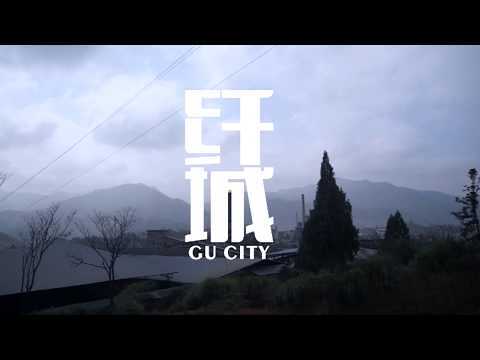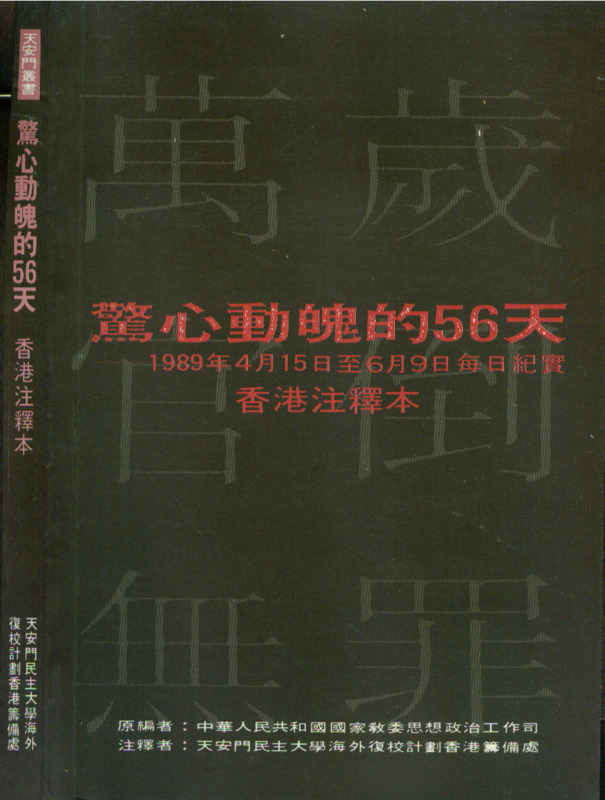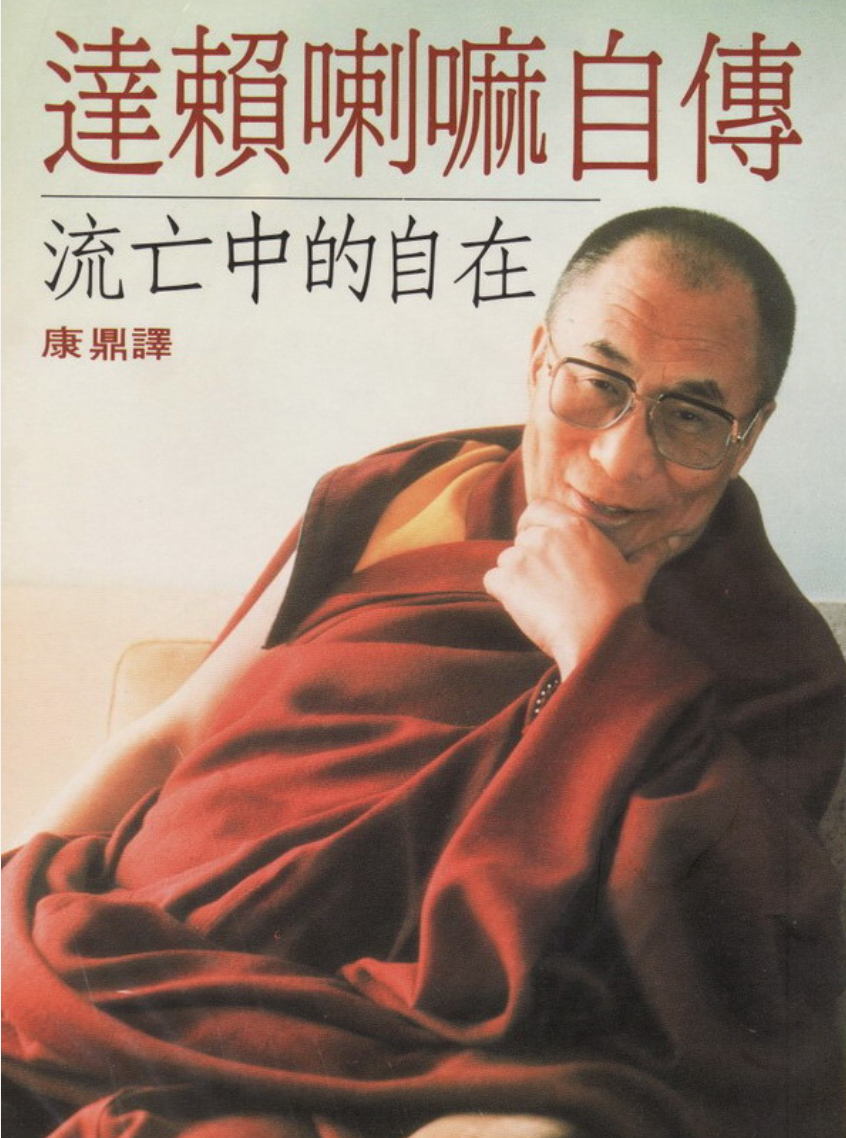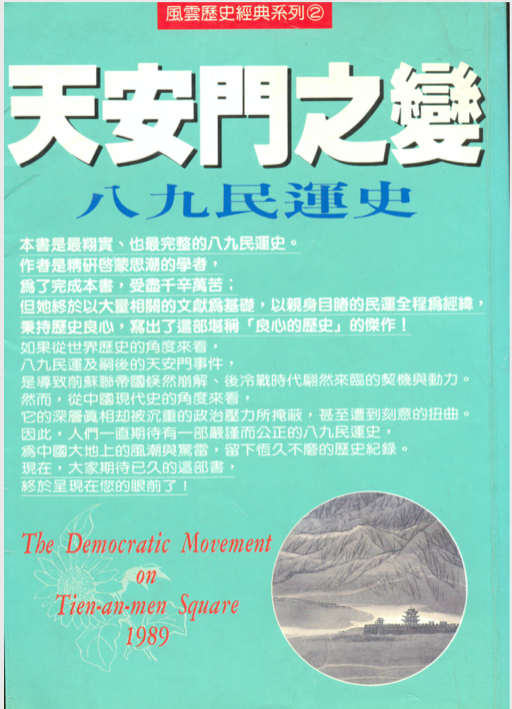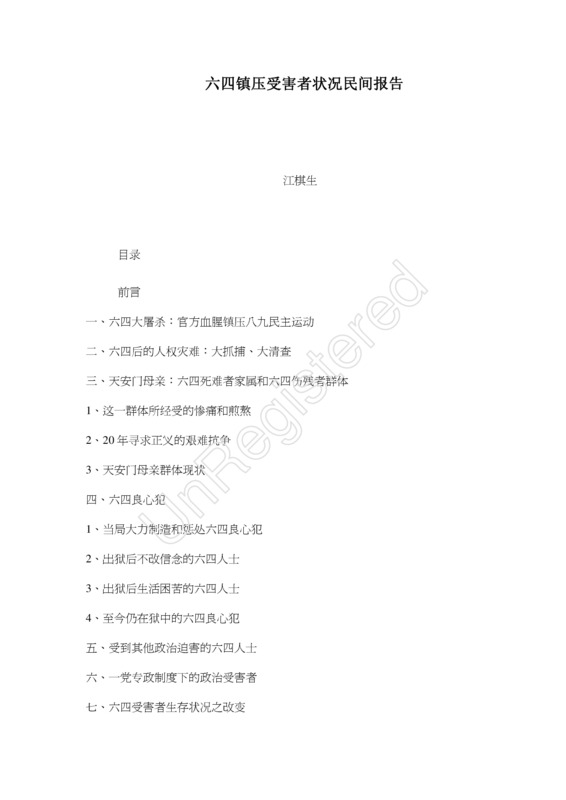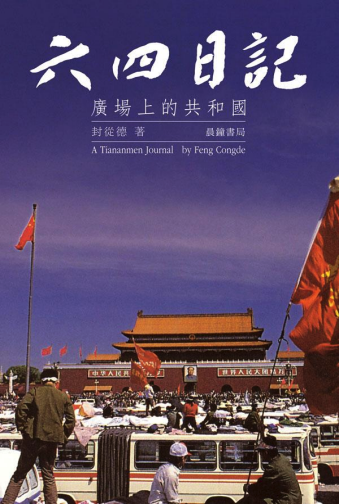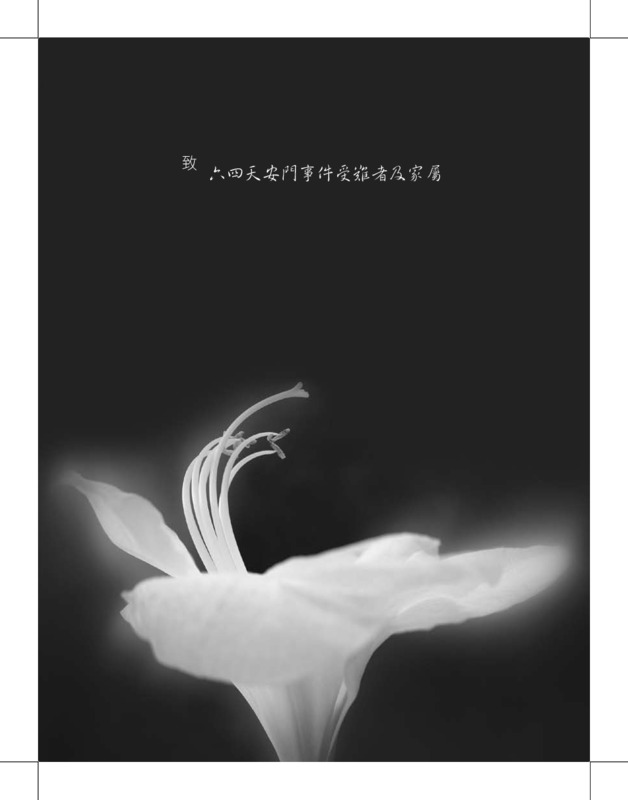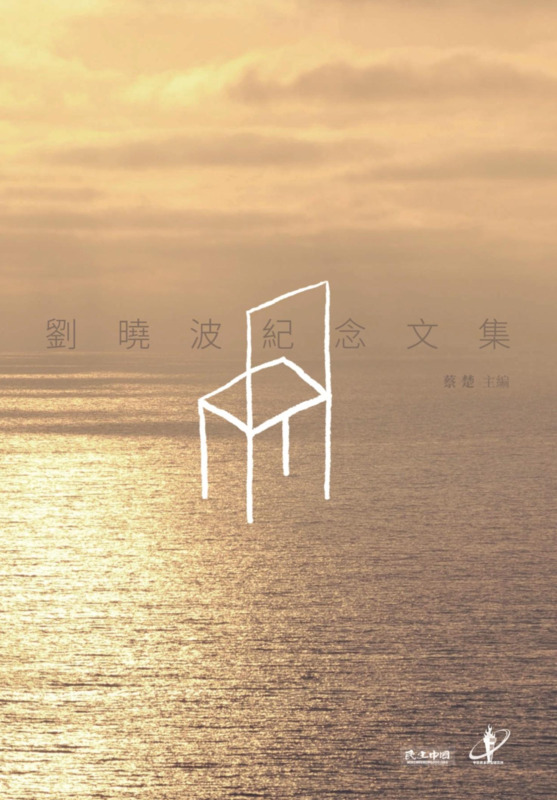Explore the collection
Showing 153 items in the collection
153 items
Film and Video
Fiber City
Fiber City—the collective name Fujian Textile and Chemical Fiber Factory—was founded in 1971. China's first production in the 1970s, one of the nine Vinylon factories located in Yongan City, Fujian Province, deep in the mountains, 3 kilometers outside the outskirts of the industrial town. Once glorious, it has been gradually lowering its curtains. The old factory buildings are mottled, its young workers are now gray-haired, and many have left. The documentary shows the fate of this big factory during the planned economy.
Book
Fracture—Chinese society since the 1990s
This monograph by Sun Liping, a professor at Tsinghua University, was published by China Literature Publishing House in 2003. The author systematically analyzes a series of changes in Chinese social life since the 1990s. The book discusses the meaning and characteristics of fractured society; the formation and background of fractured society; widening income gaps and the formation of vulnerable groups; the new urban-rural dual structure; trust crisis and social order; social conflicts and institutional innovation, etc.
Book
Gan Cui: The Soul of Peking University-From Lin Zhao to the 1989 Democracy Movement
This book was originally published in the series *Micro Traces of the Past* - Documentary Volume - No. 6, edited by Huang Heqing, founded in 2007. Gan Cui, a student at Renmin University of China, was classified as a rightist in 1957. He became lovers with Lin Zhao, a rightist student who came from Peking University to work in the data room. Gan Cui was later sent to Xinjiang. When he returned, he learned that Lin Zhao had been killed. This book (in 140,000 words) is a manuscript of Gan Cui's memories of Lin Zhao in the context of the 1989 pro-democracy movement.
Film and Video
Garden of Paradise
The year 2003 was known as the birth of the Weiquan—the rights defense–movement, which was marked by the Sun Zhigang incident in Guangzhou. At the same time, a campaign began to get justice for Huang Jing, a teacher from Hunan who was sexually assaulted and killed by her boyfriend. The campaign involved the victim’s family, netizens, feminist scholars and activists, and lasted for several years. This documentary records the process of Huang Jing’s case from filing to post-judgement, and analyzes the broader issue of sexual violence against women in China.
The films in this series are in Chinese with Chinese subtitles.
Book
Great Power Sinking: A Memo to China, A
This book is a collection of political essays by Nobel Peace Prize winner Liu Xiaobo. It is a sister volume to *Single-Edged Poisoned Sword - A Critique of Contemporary Nationalism in China*, which covers many aspects of Chinese politics, including: one-party dictatorship, powerful capitalism, rights defense, June Fourth, and nationalism.
Book
History of the 1989 Democracy Movement
This 10-volume book of 1.3 million words was written by Chen Xiaoya, a former associate researcher at the Institute of Political Science of the Chinese Academy of Social Sciences. The first edition was written in April 1994 and published in Taiwan in 1996, but with just over 200,000 words. Later, Chen Xiaoya revised the book several times to increase its content: starting from 1976, the year of Mao Zedong's death, and covering Hu Yaobang's political career as well as the background of the June Fourth Incident and also adding the contents of the memoirs of the parties involved in the June Fourth Incident. The number of words was increased to 1,360,000 words in 2016 when the book was published. The book was reprinted in 2019.
Purchase link:https://www.amazon.com/%E3%80%8A%E5%85%AB%E4%B9%9D%E6%B0%91%E9%81%8B%E5%8F%B2%E3%80%8B%E3%80%8A%E5%85%AB%E4%B9%9D%E6%B0%91%E8%BF%90%E5%8F%B2%E3%80%8B-%E7%AC%AC%E5%85%AB%E5%8D%B7-DEMOCRACY-MOVEMENT-Traditional-ebook/dp/B07VN848V8
Book
History of the Chinese Thought Movement
This book is a masterpiece by Chinese scholar Li Honglin. The author was a representative of the ideological liberation movement during reform and opening up and was arrested after the Tiananmen Square incident in 1989. This book summarizes the various ideological purges launched by the CCP since its establishment in 1949.
Book
In Search of My Homeland
“In Search of My Homeland” is a collection of essays in three volumes written by Gao Ertai during his exile abroad. In this book, Gao looks back on his life. From his hometown of Gaochun, a small town in Jiangsu Province, to Suzhou, then to Lanzhou, Jiuquan, Dunhuang, Beijing, Chengdu, and the United States, Gao has undergone tremendous suffering, lost his home and family, and finally had to go into exile in a foreign country. Even though the work is widely regarded as having great literary merit, Gao uses real names and places, which makes the work a valuable historical document, especially for describing the Great Famine, and the brutal suppression of intellectual life during the Cultural Revolution at the Dunhuang research academy, which is one of China's most prestigious cultural institutions.
In an [interview](https://web.archive.org/web/20240130211408/https://www.aisixiang.com/data/80804.html), Gao explained why he wrote the book: "Searching for my homeland is nothing but searching for meaning.... Life is short and small, and its meaning can only be rooted in the external world and in the long history. My sense of drift and meaninglessness, that is, a feeling that the world has no order, history has no logic, and the individual has no home, seems to be a kind of destiny. My writing is nothing but a resistance to this destiny."
In 2004, a censored version of the first two volumes of this book was published by Huacheng Publishing House in Guangzhou; in 2011, an updated version was published by Beijing October Arts and Literature Publishing House, but still censored. The version uploaded to our archive is the traditional Chinese version of the complete three volumes published by Taiwan INK Publishing House in 2009.
Book
Inside the bloody clearing of Tiananmen Square
This book is a complete record of the entire process of the forceful clearing of Tiananmen Square in 1989, which began at noon on June 3, 1989, and ended at 10:00 a.m. on June 4th. The author, Wu Renhua, who experienced the June Fourth Incident, describes some of the important events and characters in the book. For example, how Liu Xiaobo, Hou Dejian and other "Four Gentlemen" contacted and negotiated with the PLA martial law forces; how the tanks of the six departments chased and crushed the evacuating students; and how the medical staff put their own lives at risk to save the wounded in the rain of bullets and bullets. The first draft of this book was completed in May 1990, according to Wu Renhua's own account. He fled the mainland in 1992. In May 2007, he published *Inside the Bloody Clearance of Tiananmen Square* in Los Angeles. This was his first monograph on June Fourth. The book has since been updated and reprinted several times.
Article
Jiang Qisheng: Civilian Report on the Situation of June 4 Victims in China
The Tiananmen Square massacre on June 4, 1989 and the subsequent mass arrests and purges created tens of thousands of June Fourth victims. Among them were June Fourth victims who fell into a pool of blood, the June Fourth disabled who were shot, the families of the June Fourth victims and the severely disabled, the June Fourth prisoners of conscience who were sentenced to imprisonment or re-education-through-labor, and the June Fourth victims who were subjected to other political persecution. On the occasion of the 20th anniversary of June Fourth, as part of Chinese civil society's efforts to recover the historical truth and rebuild historical memory, this report gives a basic description of the suffering of the June Fourth victims and their arduous journey over the past 20 years. It also analyzes the systemic factors that have contributed to the victims' suffering and proposes corresponding recommendations on how to change their living conditions.
Book
June 4 Diary: The Republic in the Square
This diary took eighteen years to finalize. Based on a first draft from 1990-1991, it is a complete account of the author's experiences at that time: from his initial participation in the formation of the Preparatory Committee of Beijing University (Beida) to his election as the President of Beida’s Union and as the Deputy Commander-in-Chief of the Forum. It continues up to the time of the evacuation vote by presidency of Forum in the early morning of June 4 and includes other tragic and poignant scenes of history.
Purchase link:https://www.books.com.tw/products/0010436793
Book
June Fourth Poems
"June Fourth Poetry Collection" is a collection of poems about the June Fourth Incident in 1989. The poems were collected and compiled by international experts and scholars in collaboration with activists who participated in the movement and those who lived in exile during the year following the crackdown. The books was published by Boulder Publishing House. Jiang Pinchao, a student leader of the pro-democracy movement in those years, is the chief editor of the collection. It is divided into five parts. The book was not published in mainland China due to seizure by the Chinese government. In May 2007, it was distributed by the June Fourth Cultural Communication Association and Amnesty International at the California Institute of Technology in the United States.
Film and Video
Let the Sunshine Reach the Earth
Wang Lihong is a Beijing netizen, civilian journalist, and public service volunteer. Wang was accused of “picking quarrels and provoking trouble” for supporting three netizens in Fujian. On August 12, 2011, the case was heard for the first time in the Wenyuhe Court of the People's Court of Chaoyang District, Beijing. This film includes interviews with Wang Lihong's relatives, friends, defense lawyers and netizens, and records the historical scene of onlookers in the courts.
Ai Xiaoming’s film “Postcard,” also released in 2011, elaborates Wang Lihong’s activism in broader strokes, while “Let the Sunshine Reach the Earth” focuses on the process of her trial.
This film is in Chinese with Chinese subtitles.
Book
Li Peng's June 4 Diary
"Li Peng's June 4 Diary" was published by Bao Park, the son of Bao Tong, the political secretary of former CCP General Secretary Zhao Ziyang. Based on a manuscript of a diary allegedly kept by Li Peng during the June 4 Tiananmen Square incident, the book was originally scheduled to be published in Hong Kong by New Century Press on June 22, 2010. At the time of the June 4, 1989 Tiananmen Square incident, Li Peng was a member of the Standing Committee of the Political Bureau of the Communist Party of China Central Committee (CCP Central Committee) and the Premier of the State Council. The diary covers the period from April 15, 1989 to June 24, 1989, when Li Peng was a member of the Politburo Standing Committee and Premier of the State Council. Bao Park said that, apart from converting the diary from the original simplified Chinese characters to traditional Chinese characters, "nothing will be added, nothing will be subtracted, and nothing will be changed" in the book. The book was later published in the United States.
Book
Lin Zhao: No Longer Forgotten
This book contains a number of articles in memory of Lin Zhao. It concerns the death of Lin Zhao as well as Lin Zhao's love, pursuits, and disillusionment. This book was published by Changjiang Literature and Art Publishing House in 2000.
Book
Liu Xiaobo Memorial Anthology
This book is a collection of essays in memory of the Nobel Peace Prize winner Liu Xiaobo. It was edited by Cai Chu following his death.
Book
Living Monument in the Square: June 4 Bloodshed through the Eyes of a Hong Kong Woman Reporter
The author of this book was a reporter for "Sing Tao Daily" and was stationed in Beijing at the end of April 1989 to cover the democracy movement. The book is divided into six main parts: Square Facts records the course of the 1989 democracy movement, from the author's visit to Beijing in April to the early morning of June 4, when she and the masses were evacuated from Tiananmen Square. The second part concerns post-hijacking memories, which are some of the author's interviews from 1989. The third part concerns the interviews. The author had interviewed 7 student leaders and intellectuals that year. The leaders told her the reasons why they devoted themselves to the student movement. The fourth part is about the rest of the author's life, from June 4 to December 1990. The author has recorded some fragments of her speeches to the secondary school students in Hong Kong. Some of them are sentimental, some of them are confessional, and all of them are sincere and heartfelt. The fifth part is "Twenty Years of Wounds," which is a reminiscence written by the author on the 20th anniversary of June Fourth. The sixth part is about the grassroots of June 4. These grassroots actors have been pretty much forgotten. The author wanted to write a biography of the grassroots of June 4 in order to fill in gaps in history.
